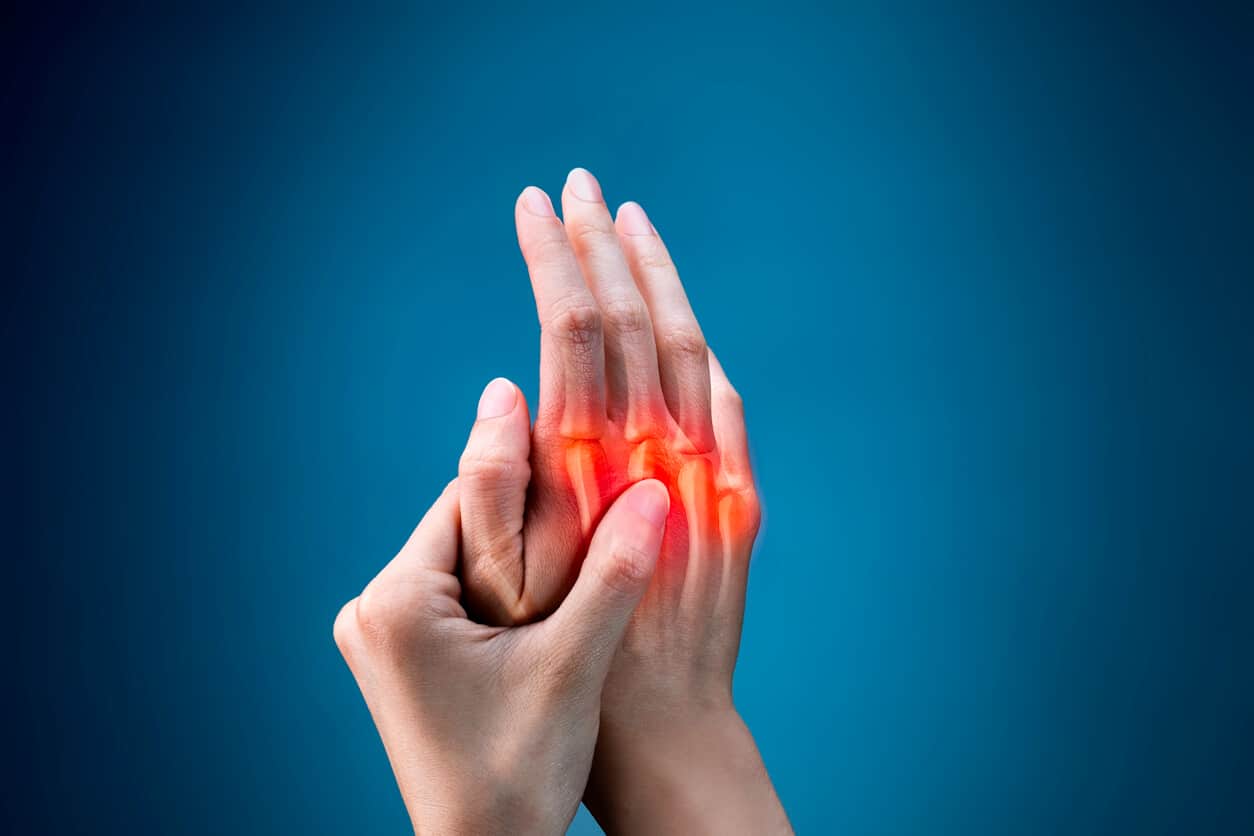Arthritis Therapy: Effective Treatments for Joint Pain Relief
Arthritis is a condition characterized by inflammation of the joints, causing pain, stiffness, and reduced mobility. It affects millions of people worldwide, and while there is no cure, various forms of therapy can help manage symptoms, improve joint function, and enhance the quality of life. The key to effective arthritis therapy lies in a comprehensive approach combining medication, physical therapy, and lifestyle changes.
1. Medications for Arthritis Therapy
Medication is often the first line of defense in managing arthritis pain. Nonsteroidal anti-inflammatory drugs (NSAIDs) like ibuprofen and naproxen are commonly prescribed to reduce pain and inflammation. Disease-modifying antirheumatic drugs (DMARDs) and biologics, such as methotrexate, can help slow the progression of rheumatoid arthritis by targeting the immune system. Corticosteroids are also used for short-term relief but are not recommended for long-term use due to potential side effects.
2. Physical Therapy and Exercise
Physical therapy plays a critical role in arthritis therapy. A physical therapist can design a personalized exercise regimen that focuses on strengthening the muscles around the joints, improving flexibility, and increasing range of motion. Regular exercise such as swimming, cycling, or walking helps maintain joint health and reduce stiffness. Low-impact exercises are particularly beneficial for arthritis patients, as they minimize stress on the joints while keeping them active.
3. Heat and Cold Therapy
Heat and cold therapies are simple, yet effective methods for managing arthritis pain. Heat therapy, such as using warm towels or heating pads, helps relax muscles and increase blood flow to affected areas, reducing stiffness. Cold therapy, using ice packs or cold compresses, can help numb the pain and reduce swelling. Alternating between heat and cold treatments can provide significant relief for many arthritis sufferers.
4. Diet and Weight Management
Maintaining a healthy weight is crucial for reducing stress on weight-bearing joints like the knees and hips. A balanced diet rich in anti-inflammatory foods, such as fruits, vegetables, and omega-3 fatty acids, can help manage inflammation and improve overall joint health. Certain supplements, such as glucosamine and chondroitin, are also believed to promote joint repair, although more research is needed to confirm their efficacy.
5. Alternative Therapies
Complementary therapies like acupuncture, massage therapy, and yoga can also play a supportive role in arthritis treatment. Acupuncture is believed to stimulate blood flow and reduce pain, while massage therapy can ease muscle tension. Yoga, particularly gentle styles, enhances flexibility and promotes relaxation, helping arthritis patients maintain mobility.
Effective arthritis therapy requires a holistic approach that addresses both the physical and emotional aspects of the condition. By combining medical treatments, physical therapy, and lifestyle modifications, individuals with arthritis can manage symptoms and maintain a higher quality of life.
